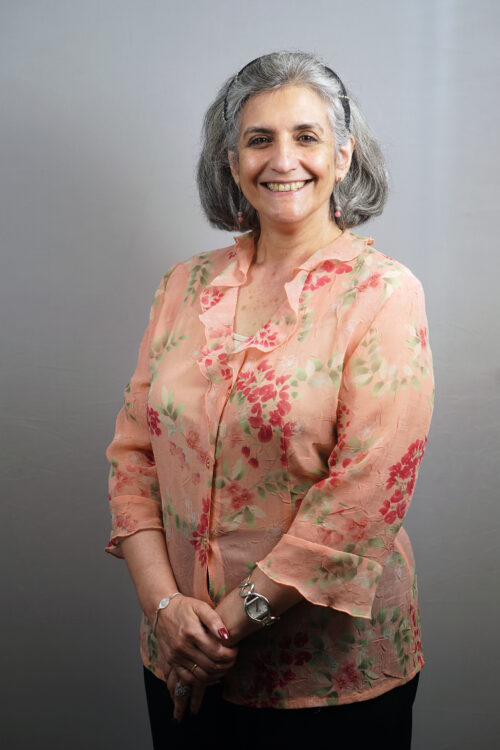Interview with Almudena Díez, Head of Requirements Management
Posted on |

Almudena Díez (Madrid, 1964) has a degree in Physics. She has 30 years of experience as a project manager, analyst and consultant in engineering companies and software products. Since 2018, she has been part of the DONES Project Integration team as the leader of the definition and implementation of the Requirements Management process.
QUESTION (Q). Requirements Management has become vital in developing products, systems or service projects. But IFMIF-DONES is a unique scientific project. How do you face this challenge?
ANSWER (A). With a lot of responsibility and enthusiasm. Commitment because, as you say, Requirements Management is vital in the development of any project, to which is added the difficulty posed by the fact that DONES is a unique project, in which it is difficult to find models or take advantage of experiences of similar cases. I am very excited because it is a unique project where I can apply the experience and knowledge I have acquired in 20 years of working in Requirements Management.
Q. What will be the most complex stage of the process between the definition and the final delivery of the project?
A. This is a difficult question to answer. All the stages present difficulties precisely because DONES is a unique project. At the moment, I can talk about the definition and design phase, which is the one we are finishing. It is complex, mainly because we are faced with problems that have yet to be previously solved and require research and prototyping to verify that the design can be put into practice and works as expected.
Q. What aspects must be considered in the technological integration processes of such a unique machine?
A. A system is not just the sum of its parts; it becomes something else when integrated. This statement, valid in general for any system, is much more accurate in the case of such a complex and unique installation as DONES. Combining the various parts that make up the plant is a significant technological and logistic challenge. As I said before, every stage of the project presents difficulties!
Q. Will IFMIF-DONES reinforce Spain as a country qualified in high technology?
A. Undoubtedly. This project is a fabulous opportunity for Spain, it will certainly boost the qualification in technology both in the research sector and in the companies. To have managed to bring DONES to Spain is a success and an achievement that we will never be grateful enough to Ángel Ibarra and many other people who, above all from CIEMAT, fought for it.
Q. Your time at CIEMAT has familiarised you with particle accelerators and nuclear fusion. Do you like this field?
A. Very much. My university education was in Physics, specifically in Theoretical Physics, so I have liked this field and been interested in it since I was young.
Q. How do you rate the current IFMIF-DONES team and the working environment created?
A. The working atmosphere in the DONES team is unbeatable. It is a very enthusiastic team, very aware of the importance of the project, and willing to solve all the difficulties put in front of them.